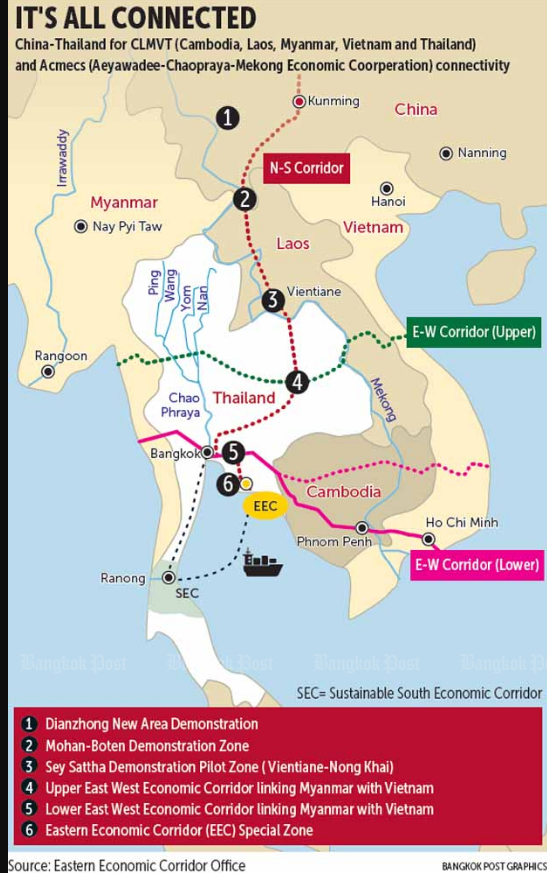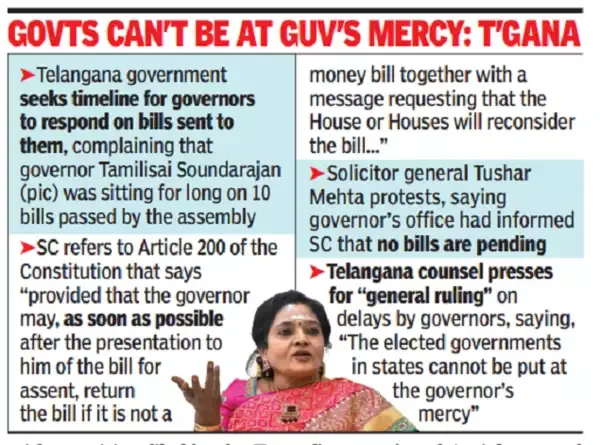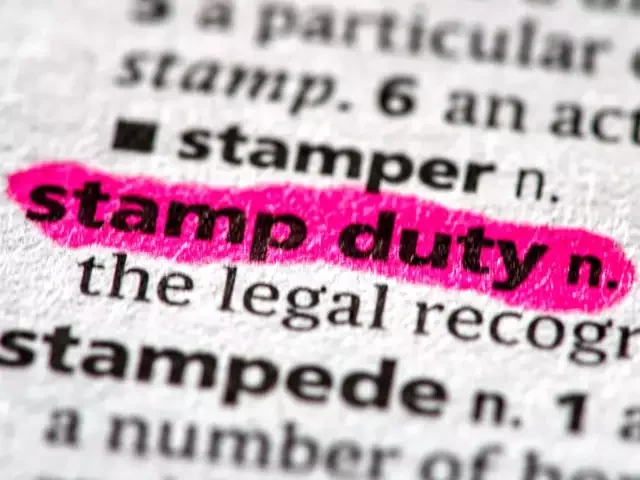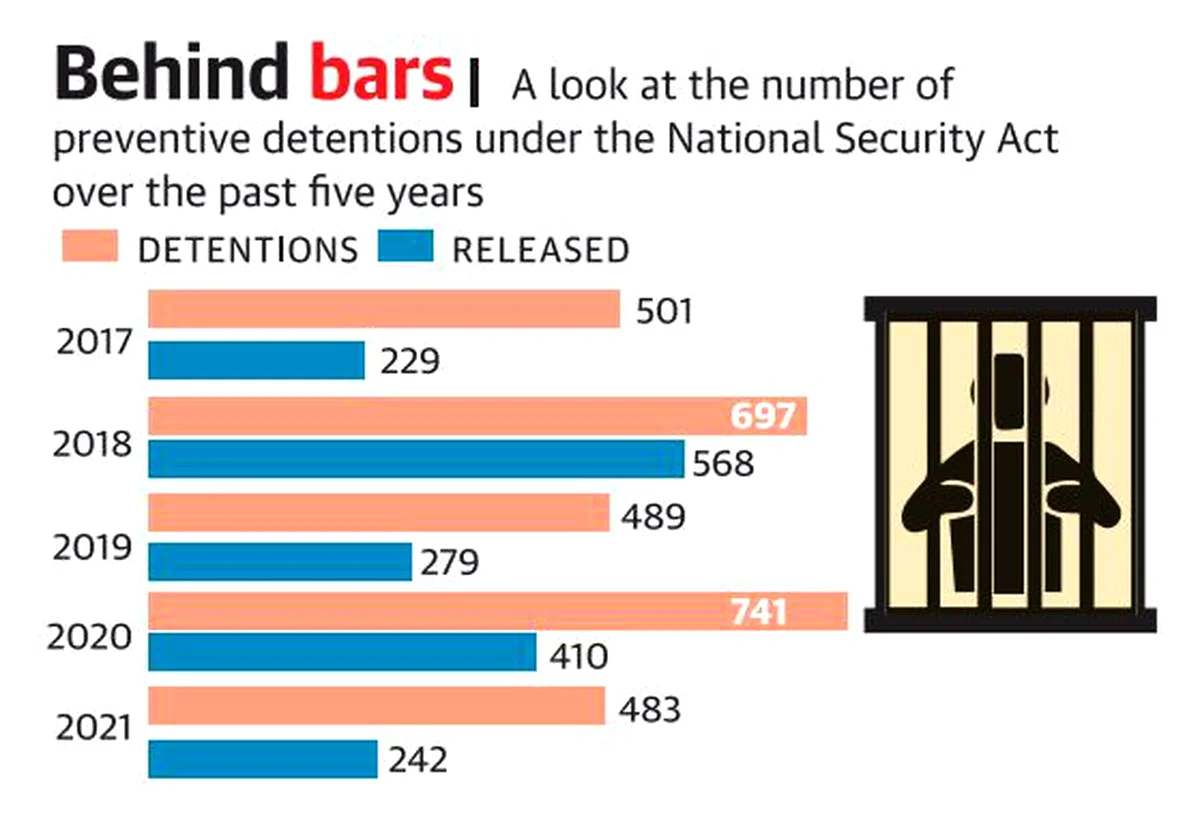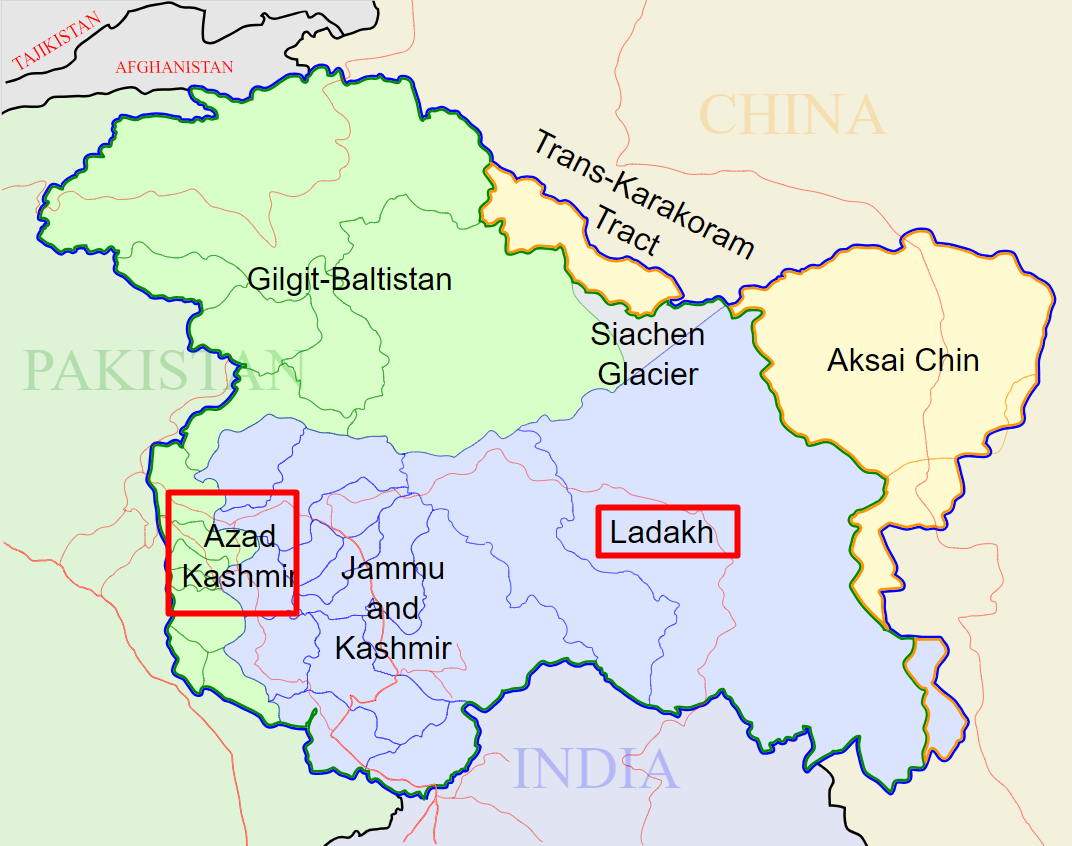
Interim Budget
Subscribers of "Current Affairs" course can Download Daily Current Affairs in PDF/DOC
Subscribe to Never Miss an Important Update! Assured Discounts on New Products!
Must Join PMF IAS Telegram Channel & PMF IAS History Telegram Channel
- Context (IE): An Interim budget is presented by the Finance Minister.
- An Interim Budget is a temporary financial plan covering government expenses until a new government takes over at the central level.
- It seeks parliamentary approval for 4 months’ expenses, including salaries and ongoing programs, without tax changes.
- It is presented when there is insufficient time for Parliament to approve various grants and debate changes in taxation before the fiscal year begins.
- It’s widespread in election years, allowing the new government to present a full budget.
|
Difference between Interim and Union Budget
| Parameter | Interim Budget | Union Budget |
| Presented when | The government’s term is ending, or there is a transition in power | Annually, at the beginning of the financial year |
| Presented by | The outgoing government | The ruling government of the day |
| Focuses on | Essential expenses | New policy initiatives, announcements, and changes in taxation and expenditure |
| Covers | limited to the expenditure required to run the government until the new government presents a full budget | All expenditures planned for the entire fiscal year, including developmental projects and ongoing schemes |
| Parliamentary approval | Usually, it gets for a few months or until the full budget is presented. | Requires for the entire fiscal year |
| Based on | Estimates for the upcoming financial year | Covers the entire financial year, starting from April 1 to March 31 |
| Meant for | The smooth functioning of the government until a new government presents a full budget. | Outlining the reigning government’s financial plans for the entire fiscal year. |





![PMF IAS Environment for UPSC 2022-23 [paperback] PMF IAS [Nov 30, 2021]…](https://pmfias.b-cdn.net/wp-content/uploads/2024/04/pmfiasenvironmentforupsc2022-23paperbackpmfiasnov302021.jpg)
